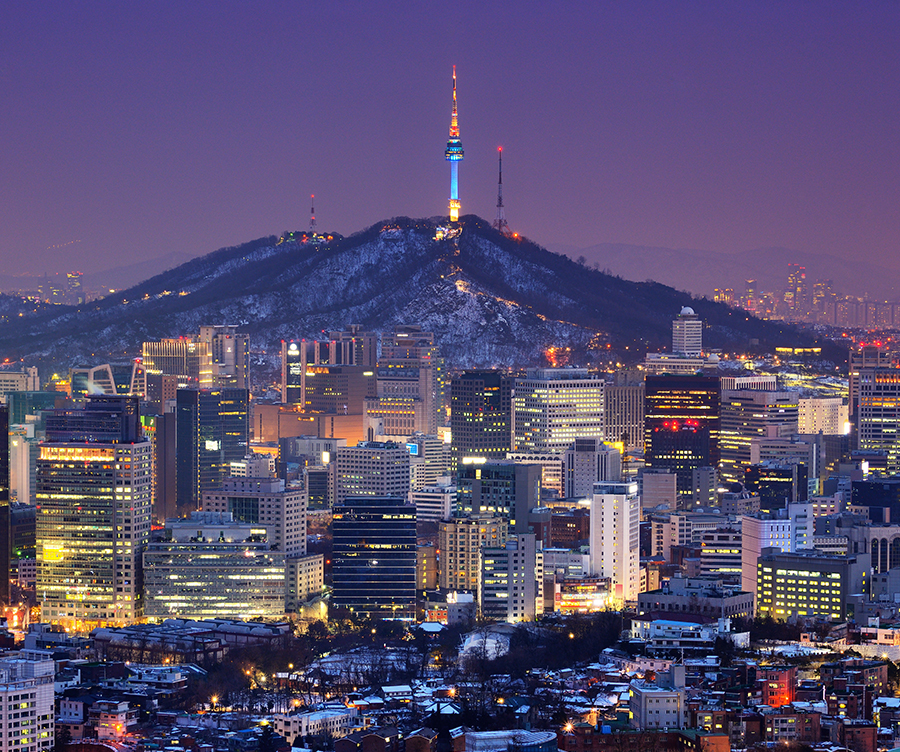The Korean government has vowed to increase export financing to record levels this year in a bid to soften the potential impact of US President Donald Trump’s trade policies, especially on its key semiconductor and battery industries.
Korea’s Ministry of Finance announced the pledge – worth a total of ₩360tn (US$250bn) – during a meeting of the country’s Export Finance Council on January 20, noting the funding was a response to the incoming US administration.
The Ministry did not outline its export finance volumes in previous years, but in a statement said the commitments are its “largest ever”.
Trump is being inaugurated today as the 47th president of the US, and exporters in many markets are waiting to see if he will impose hefty tariffs on key trading partners. He has previously vowed steep tariffs on China and levies of 25% on goods arriving from Canada and Mexico.
He has also floated the possibility of blanket 10 to 20% tariffs on imports from all countries, a move that could greatly impact Korean firms.
Last year, Korea’s global exports rose 8.1% to a record high of US$683.7bn. But according to a note issued by Peterson Institute for International Economics last week, the nation’s export growth may slow to as little as 1.5% in 2025 due to factors including Trump’s return and increasing competition from China.
Compounding economic uncertainty, Korea has also been grappling with a political crisis since December, when now-impeached President Yoon Suk Yeol sought to impose martial law.
Kim Dong-jun, deputy director of the Korean Ministry of Finance’s support division, told attendees of the export finance meeting that Korean exporters are facing “external uncertainties” linked to Trump’s return.
“There are concerns that this will have a negative impact on companies’ export fronts in the future,” he added.
In a statement, the Ministry of Finance said it would “accordingly” supply export financing worth ₩360tn (US$250bn) this year, its “largest ever” amount.
As part of these plans, the Export-Import Bank of Korea has ringfenced ₩50tn over the next five years for strategic industries that have been struggling recently, such as semiconductors and batteries.
The Korea Trade Insurance Corporation (K-Sure) is set to extend ₩100tn in trade insurance to small and medium-sized companies through “preferential” guarantees that offer lower interest rates and increased limits.
In another measure, Korea will increase the scale of foreign exchange rate insurance support to ₩1.4tn by 2026, up from ₩1.2tn last year.
Spending on government projects such as trade fairs is also set to rise from ₩2.1tn, up to ₩2.9tn.
Kim Dong-jun, deputy director of the Korean Ministry of Finance’s support team, said financing would not just be reserved for Korea’s “crisis stricken” industries such as semiconductors and batteries.
“[We are] continuing to prepare financial support measures with the Export Finance Council so that promising industries such as defence, nuclear power, and shipbuilding can expand their export and order performance through Korea-US cooperation,” he said, as per a translation of the Korean Ministry release.
Meanwhile, in late November, China outlined plans to increase the “scale and coverage” of export credit insurance amid mounting trade winds, though did not specifically reference Trump in its announcement. Experts predict that its export credit agency Sinosure will boost coverage for SME exports and overseas investments.







